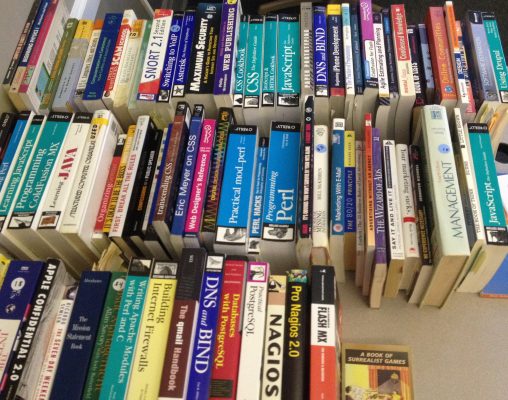Notes on three books I've had a chance to read recently:
Seveneves, by Neal Stephenson
I've noted here before how much I enjoy Neal Stephenson's writing and storytelling, and Seveneves did not depart from that trend. It mixes together a few of my favorite things: science fiction with attention to realism, thought-provoking end-of-the-world scenarios, and a witty narrative that makes the reader work a bit to put all the pieces together. And while mostly plot-driven, Seveneves manages to do quite a bit of philosophizing about the nature of humanity and what we hold dear, not to mention the lengths we'll go to to preserve that. I will say that I enjoyed reading the first part of the book more than the second, but several days after finishing when the whole story had had a chance to marinate a bit, I was grateful for the completeness of two together, different as they were. Seveneves imagines a universe worth spending some time in. Continue reading "Books: Seveneves, What If?, Steve Jobs"



